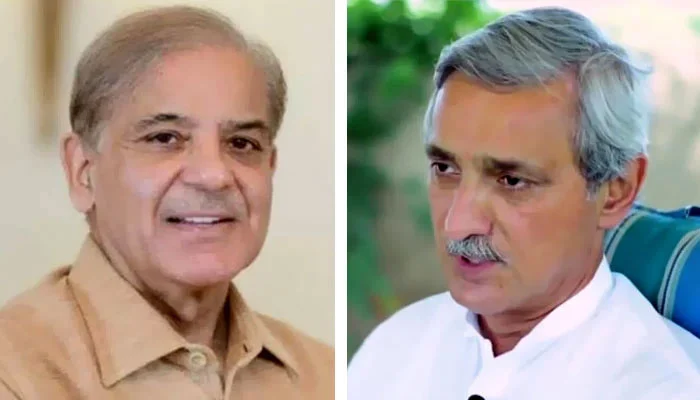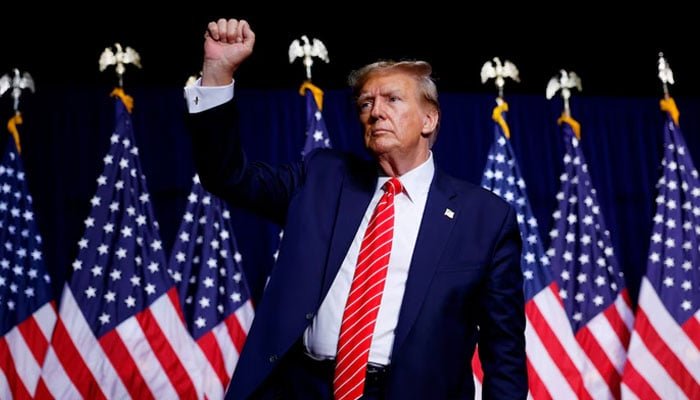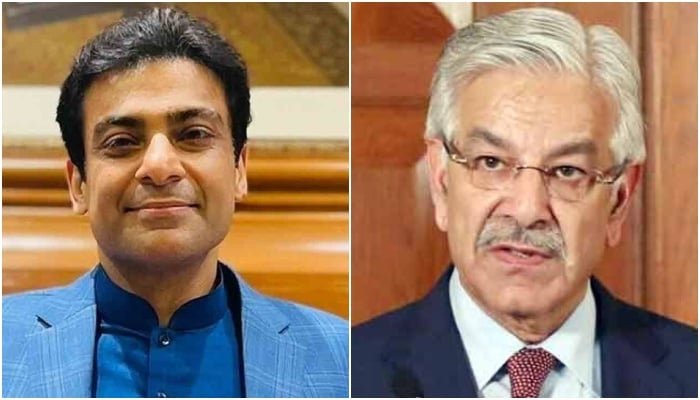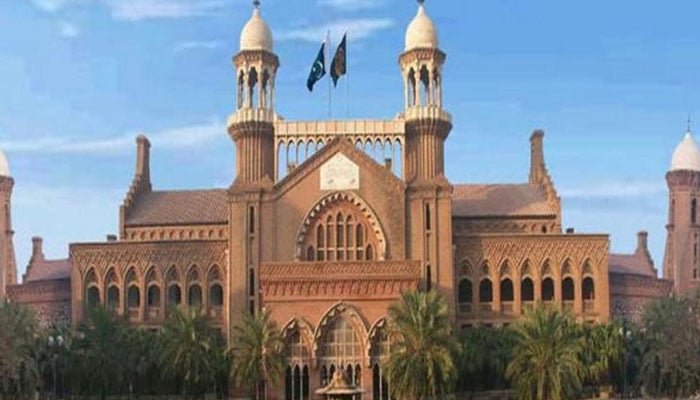In a significant development on the political landscape of Pakistan, the Pakistan Muslim League-Nawaz (PML-N) and the Pakistan People’s Party (PPP) have reached a consensus on seat adjustment, setting the stage for a potential alliance. The breakthrough came after a meeting between PML-N’s President Shehbaz Sharif and Jehangir Tareen of the Pakistan Tehreek-e-Insaf (PTI) in which discussions focused on the allocation of seats for the upcoming elections.
According to sources, both parties are keen to solidify their political positions in anticipation of the next general elections. The meeting not only brought together key figures from the PML-N and the PTI but also set the stage for forthcoming negotiations involving detailed paperwork.
The collaboration between PML-N and PPP, two major political entities in Pakistan, marks a strategic move aimed at optimizing their electoral prospects. As the intricacies of seat adjustments are deliberated upon, the political landscape is expected to witness a reshaping that may have far-reaching consequences.
Given the dynamic nature of Pakistani politics, seat adjustments and alliances play a pivotal role in determining the balance of power. The involvement of influential leaders like Shehbaz Sharif and Jehangir Tareen further underscores the significance of this development.
This seat adjustment initiative is not merely about sharing electoral constituencies; it reflects a larger strategic move to consolidate political strength and forge alliances that can withstand the complexities of the Pakistani political landscape. As both parties gear up for the upcoming elections, the outcome of these discussions is poised to have a considerable impact on the political trajectory of the nation.
In light of the ongoing political developments and the crucial negotiations taking place between PML-N and PPP, the contours of the next general elections are gradually taking shape. The intricate dance of political alignments and seat adjustments is a testament to the fluid nature of Pakistani politics, where strategic collaborations often redefine the political landscape.



